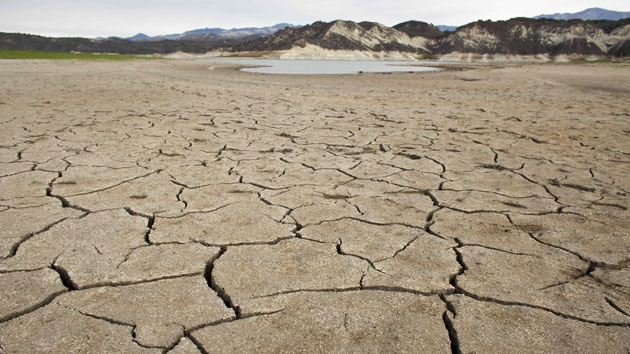Unless you’ve been living under a rock recently, you’ve inevitably heard about the serious drought that’s plagued California. From restrictions on water to arguments against farmers using too much water to large fights with wealthy communities who don’t want their yards to go brown from a lack of watering, this drought is one of the worst in history and is causing all kind of problems. Unfortunately, it’s also been going on for three years and doesn’t look like it’s likely to ease up any time soon.
And while the California drought is a serious problem, it’s easy to brush it off as something that doesn’t affect you if you live outside of CA. That is, until, you start to see the effects of a drought in your own town and in your own home.
To help you better understand how the California drought might affect your grocery shopping and home cooking, here are a few things to think about.
The Cost of Salads Could Get Higher
You may not have known that the majority of the U.S.’s lettuce production is grown in California. But because the drought has put a serious damper on California farmers to water and grow their crops, many are forced to drastically cut production. This means fewer lettuce, and the lettuce that is produced will become more in-demand and the price will increase. In fact, the price has already increased 1.9% over last year. So if you notice an increase in the price of a salad at your local restaurant, you can blame the California drought.
Expect Fewer Asparagus, Lemons, Bell Peppers, and Tomatoes
California farming accounts for 10% of the U.S. production of fruits and vegetables. But crops that require a lot of water throughout the season will start to decline, due to the shortage of water to keep those crops alive. This means produce like asparagus, tomatoes, lemons, and bell peppers could be slim pickings at the grocery store. That won’t just affect cooking at home, but will affect the menu for restaurants everywhere if there’s a shortage of those vegetables.
Wine Production From the Napa Region Could Decline
If you know anything about wine, you might know that dry seasons can produce some interesting and uncharacteristically sweet wines. These are usually sought after as vintage wines, but the downside of too much of a dry season is that it can lower the production of grapes. It doesn’t take a rocket scientist to figure out that fewer grapes means less wine from the region, which could be catastrophic for the wine industry – unless they figure out a way to get more water to the crops.





